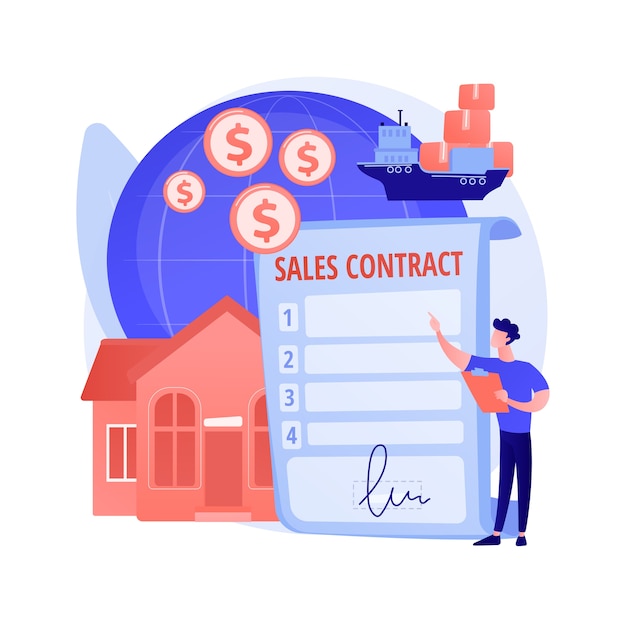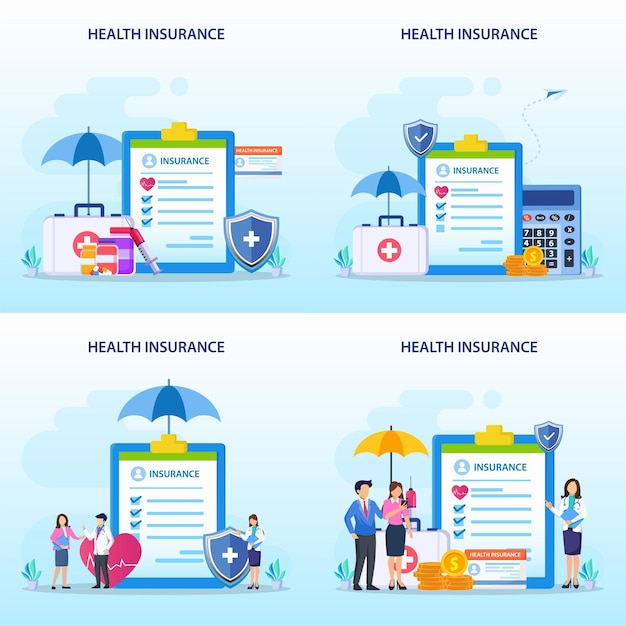
Most homeowners routinely have to take on a mortgage, as it is fairly uncommon for anyone to be able to outright buy a house with cash. Even managing to gather the funds for a down payment can be a difficult task. Consequently, it’s not exceedingly rare for people to purchase a home with a minimal initial cash investment. Lenders, however, in situations where little money is initially put down, require certain safeguards. This is where private mortgage insurance (PMI) enters the picture.
What is Private Mortgage Insurance (PMI)?
Buying a home usually involves putting down a certain portion of the cost and then paying off the remaining balance via regular, predetermined installments. If your down payment is less than 20 percent of the total purchase price, the lender will often require you to secure an insurance policy to safeguard them should you fail to meet your payment obligations. This insurance policy is known as private mortgage insurance.
How Private Mortgage Insurance Functions
While everyone intends to stay on top of their mortgage payments, unexpected life events like sudden unemployment or unforeseen medical expenses can disrupt your ability to keep up with your mortgage payments. Persistent inability to pay can lead to loan default. In such situations, a standing private mortgage insurance policy shields the lender.
Securing the Lender
Lenders often require a down payment equal to 20 percent of the property value when issuing a home loan. This requirement is in place as a preventative measure against foreclosure, which is an expensive proposition involving costs for real estate agents, any property damage, or legal fees. With 20 percent equity in a property, homebuyers are more motivated to keep up with payments. However, lenders do understand that accumulating such a percentage for a down payment may be challenging, and thus may offer a loan with a down payment as low as 3 to 5 percent. In these lower down payment scenarios, they often require you to secure a private mortgage insurance policy.
Win-Win for Both, the Borrower and Lender
Private mortgage insurance is beneficial for both parties involved. While the lender gets a safety net, the borrower can initiate homeownership, even with a limited upfront cash requirement. This insurance policy enables homebuyers to become homeowners sooner and with a smaller down payment. Lenders are less likely to finance high-risk mortgages in the absence of a private mortgage insurance policy.
Building Equity
As you continue to make your mortgage payments reliably and on time, your home equity will increase. Once you owe less than 80 percent of the property’s value, private mortgage insurance may be deemed unnecessary. The Homeowner’s Protection Act of 1998 allows you to terminate your PMI, provided that your payment history is good and you have no other mortgages on your property.
Tax Perks
In accordance with the IRS Publication 963, US residents can claim a tax deduction for private mortgage insurance payments made to government agencies or private insurers since the 2010 tax year. It’s advisable to consult the IRS or your accountant for further details.


